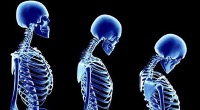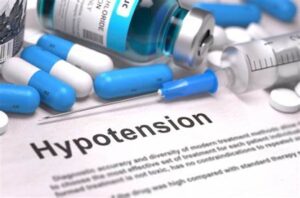Calcium & Vitamin D Deficiency
EPIC Pharma’s experienced team supports the promotion of the leading Calcium and Vitamin D supplement in the Irish market.
The pharmaceutically licensed Calcium and Vitamin D is used only as a therapeutic supplement when the diet is deficient and is indicated for the prophylaxis and treatment of combined Vitamin D and Calcium Deficiency particularly in housebound and institutionalised elderly subjects.
It is also indicated for supplementation of Vitamin D and Calcium as an adjunct to specific therapy for osteoporosis or as a therapeutic supplement in established osteomalacia, pregnant patients at high risk of deficiency or malnutrition when dietary intake is less than that required.
About Osteoporosis
Osteoporosis is a condition that affects the inside of bones. It causes bones to become fragile, so they break easily. It is called the silent disease because there are no signs or symptoms prior to a person breaking (fracturing) bones. The effects of undiagnosed/untreated osteoporosis can be devastating, therefore the prevention and early detection of this disease is so important.
Bone is a living tissue that the body continually removes and replaces. As we get older, this process slows down, and usually more bone is lost than formed. However, some people lose bone much faster than others, when new bone formation does not keep up with the loss of old bone, it will result in osteoporosis.
It is estimated that up to 300,000 people in Ireland have osteoporosis. Although more common in females who have gone through the menopause, it can also affect men and even children

Falls Prevention – Orthostatic Hypotension
EPIC Pharma’s experienced team supports the promotion of the leading medicine for use in the treatment of severe orthostatic hypotension due to dysfunction of the autonomic nervous system when corrective factors have been ruled out.
Orthostatic hypotension — also called postural hypotension — is a form of low blood pressure that occurs when a person stands up from sitting or lying down, causing dizzyness or lightheadedness, and which may even cause a person to faint.
Orthostatic hypotension may be mild, and episodes can last for less than a few minutes. However, long-lasting orthostatic hypotension can signal more-serious problems, and patients should seek a medical consultation.
Occasional (acute) orthostatic hypotension is usually caused by something obvious, such as dehydration or lengthy bed rest, and is easily treated, however chronic orthostatic hypotension is usually a sign of another health problem, and patients may require medical intervention.

